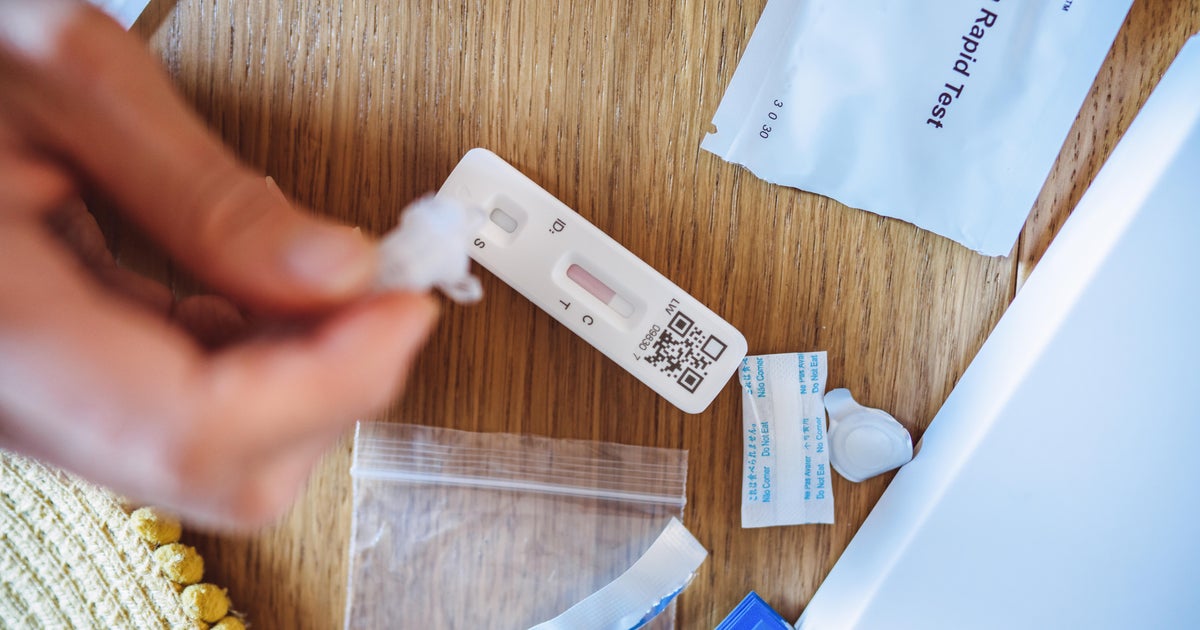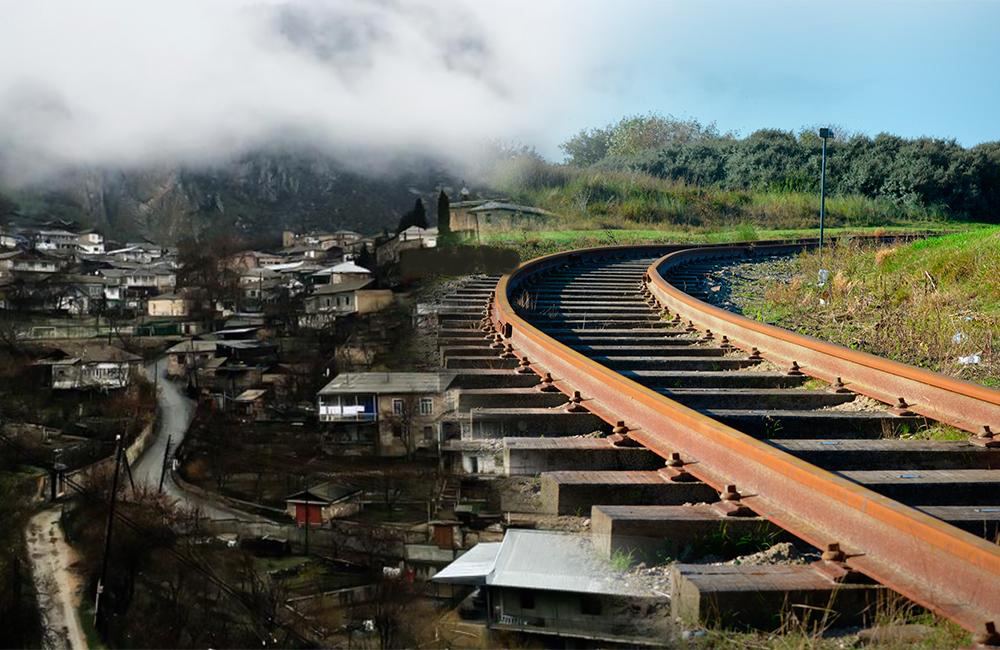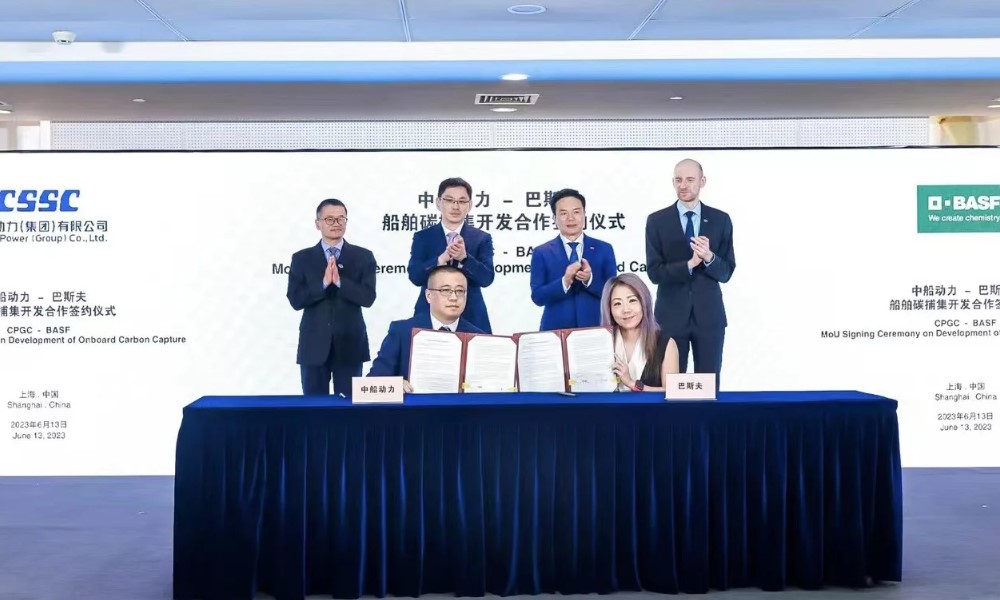[ad_1]
The annual international economic forum opening in the Russian city of St. Petersburg on Wednesday has long been the country’s premier event for attracting Western investors, and, at first glance, the agenda this year seems to indicate that the Kremlin’s invasion of Ukraine changed little.
Planned panel topics include “Russia as a Global Tech Hub” and “The Arctic: Territory of Investment Opportunities and Vivid Travel,” while the word “war” never appears — even if euphemisms crop up repeatedly, such as the “evolving circumstances” or the “military-political crisis in Europe.”
The real clue that the war and its accompanying Western economic sanctions have transformed the state-run St. Petersburg International Economic Forum into a shadow of its former self is the scant international presence. Significant trading partners like China and India are dispatching representatives, as are a small number of other Asian, Middle Eastern, African and Latin American friends.
Yet the world, for the most part, and the Western world in particular, is staying away. The forum, first held in 1997, was intended to present Russia’s “modern, technologically advanced face to the West,” said Yevgeny Nadorshin, the chief economist at PF Capital, a small Moscow consulting firm. “The idea behind the forum has significantly deteriorated because most of the potential Western investors who could have come now have no reason to come.”
Ever since the West imposed some of the strictest economic sanctions in history on Russia in reaction to its February 2022 invasion of neighboring Ukraine, President Vladimir V. Putin has tried to reassure his country that it can sustain its economy by pivoting to Asia.
Long gone are the days when President Emmanuel Macron of France showed up with Mr. Putin, or when Russian oligarchs sponsored parties on the sidelines with free-flowing Champagne and leggy models where executives from top Western oil companies hobnobbed with ministers.
Some of Russia’s die-hard Western friends are expected to appear, like Karin Kneissl, a former Austrian foreign minister who danced with Mr. Putin at her wedding, or Matthias Moosdorf, a, far-right member of the German Parliament. They are scheduled to sit on a panel focused on selling Russia’s narrative abroad of a declining Western influence.
The United Arab Emirates agreed to serve as this year’s honored guest, an annual tradition. A high-level official is expected to appear with Mr. Putin at the main session likely to happen on Friday, although the U.A.E. has yet to confirm who it will be. Those invited to attend will have to be tested for the coronavirus.
Dmitri S. Peskov, the Kremlin’s spokesman, suggested that Russia was not publicizing the names of all of the Westerners attending because they would be “eaten alive” back home, and that Russia had denied credentials to some reporters from what it calls “unfriendly countries.”
Given crumbling ties with the West, holding the forum albeit mostly with Russians, is considered part of the Kremlin’s strategy of keeping the war in the background.
“The very fact of holding the forum is an attempt to signal to the population that Russia is still conducting business as usual, which is all an illusion, of course,” said Cliff Kupchan, the chairman of the Eurasia Group, a risk analysis firm.
The agenda includes discussions about certain pet projects of Mr. Putin’s, like trying to replace the dollar as the main currency of international trade, and the concept of “technological sovereignty,” meaning doing away with dependence on the West.
There are at least hints at Russia’s changed circumstances, including a discussion about the fact that the country has been banned from numerous international sports competitions, which the agenda refers to as the “reform of the competition calendar.” In what seems to be a rare realistic nod to the war, one panel will discuss how Russian soldiers injured in the fighting can be integrated back into regular lives.
[ad_2]
Source link




















